Currently making an enormous cannonball splash on the crowdfunding site IndieGoGo is the third iteration of the Wheelys Café tricycle concept, a full-service mobile café on three pedal-powered wheels. While coffee trikes are nothing new, the Wheelys model takes the idea to an extravagant new level, incorporating solar power, display cases, cold storage, foot-pump-operated running water, and multiple burners for on-demand manual brewing with temperature control via smartphone app.
Among optional extras described as “coming soon” in campaign materials, there’s even a manual espresso maker that can be built in, featuring a design that looks like an old wine press and functionally resembles something like the Rossa HC Hand Espresso Maker.
Based in Stockholm, Sweden, and founded by progressive activist entrepreneurs Tomas Mazetti, Per Cromwell and Marisa de la Croix, the Wheelys business model is unprecedented, and a little confusing. The thoroughly outfitted café tricycle is for sale — that much is clear. Anyone that buys one can brand it and operate it however they like. However, buyers also have the option of becoming Wheelys franchisees, which gains access to regional and worldwide advertising, product and ingredient recommendations, and a full array of branded materials, such as cups, napkins, signage, apparel, and other supplies. After the initial purchase of the bike-café, the company claims to take only 10 percent of the earnings of the cart, leaving 90 percent in the pockets of franchisees.
In its first 24 hours online, the Wheelys 3 bike-café IndieGoGo campaign was 161% funded, raking in over $80,000. Now seven days into the campaign, the total pledged amount has reached almost more than $170,000, 345 percent of their original $50,000 funding goal. TechCrunch reported that the venture capital seed-funding firm Y Combinator, whose previous investments include Dropbox, Reddit and AirBnB, has also made an unspecified investment in the Wheelys company. It’s also worth noting that this is not Wheelys’ first time dipping in the crowdfunding well. The company has run two other wildly successful IndieGoGo campaigns, raising nearly $60,000 in June 2014 (298 percent of the goal), and another $150,000 in February of this year (253 percent of the goal).
These carts are apparently in demand. With the Wheelys 3, additions to the cart include a towable greenhouse, for which the company will supply a living coffee tree. They also claim that if cart owners encourage patrons to charge their cell phones off the built-in solar panels that power the cart’s electric lights, tablet POS and other systems, the carbon footprint of the business goes from zero to negative. It’s a bit of a stretch, but as it’s all in the name of environmental responsibility, it’s a respectable stretch.
Is it all a little gimmicky? Sure. But it’s also a work in progress. The published materials clearly state that Wheelys-branded carts must sell certified organic coffee, but beyond that, the details are a bit fuzzy. Daily Coffee News reached out to learn more about what roasting companies Wheelys encourages its fanchisees to patronize through wholesale, and it appears the concept may initially present some attractive opportunities for local roasters. In an email exchange, cofounder Maria de la Croix said, “Since we don’t have all the logistics in place for the whole world yet — we’ve sold bikes to more than 20 countries — we do advise our current Wheelers in their choice of a local, organic coffee roaster to start with.”
“So far we have partnered with local roasteries,” said de la Croix, “but we are working hard to produce our own coffee. To do this we are working with local experts and craftspeople to build small artisan coffee roasteries right next to the best beans in the world, like in the lush hills of Rwanda.
“We are also starting to work with a Guatemala farmer where we will have a space of our own coffee plants,” de la Croix added, “who also will be roasting our beans, for our customers who are closer to this area.” The Wheelys cofounder stated that these origin-based roasteries are very close to completion — about one or two months away. The farming aspect consists of an arrangement with a farmer in which Wheelys has essentially pre-paid for coffee that will be grown, harvested and processed from certain specific lots on an unspecified Guatemalan farm.
When asked how Wheelys controls the quality or consistency of products from one cart to the next, so that customers familiar with the brand will know what to expect in different locations, the answer was, essentially, they don’t. “We have an open-source mindset,” replied de la Croix. “And since we are located all around the world, there may be different coffees that work especially well in some places, but not in others.” She explained that franchisees either ask for recommendations or present a few options to the Wheelys staff, who then contact the roasters and other companies to inquire about their certifications and quality. Drink menus and food offerings will differ from cart to cart, from country to country.
In areas such as fair wages, environmental sustainability, and global franchise expansion, Wheelys positions itself as “the bike-powered coffee cart that could take on Starbucks.” Yet while Starbucks conquered the coffee industry in part through strictly regulated consistency of products from one branch to the next, Wheelys upends even that aspect of the equation. Stay tuned for more information on this story as it develops.
Howard Bryman
Howard Bryman is the associate editor of Daily Coffee News by Roast Magazine. He is based in Portland, Oregon.
Comment
1 Comment
Comments are closed.



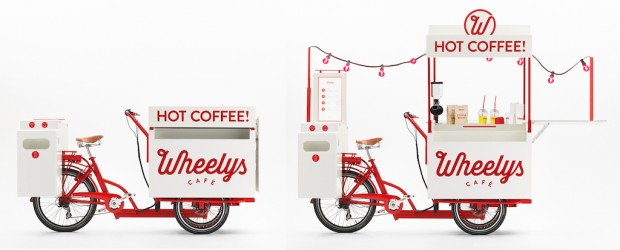
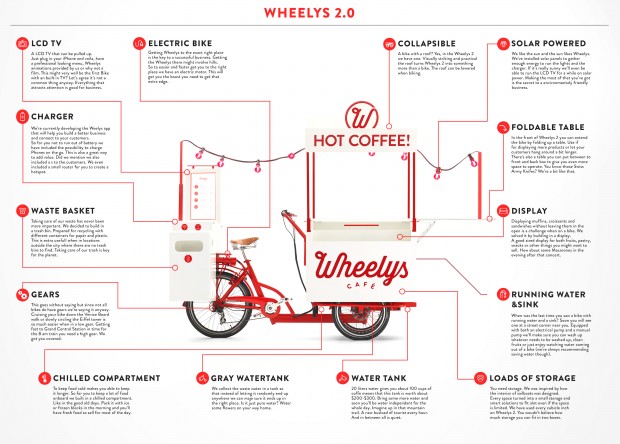
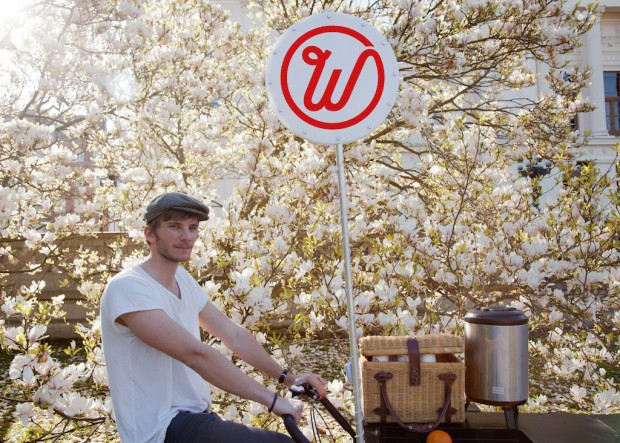
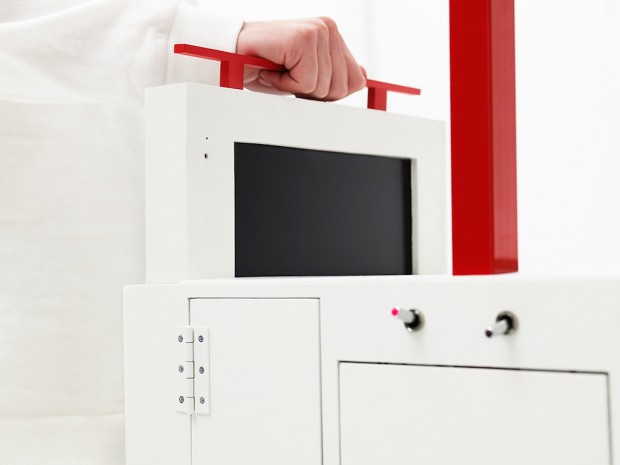
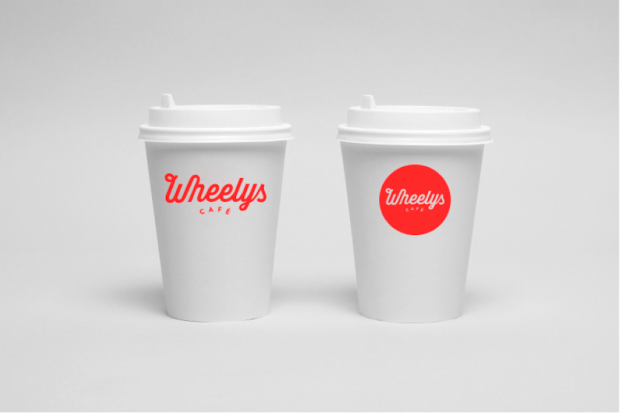



Crowdfunding: a tax on people ignorant of business loans and venture investing.